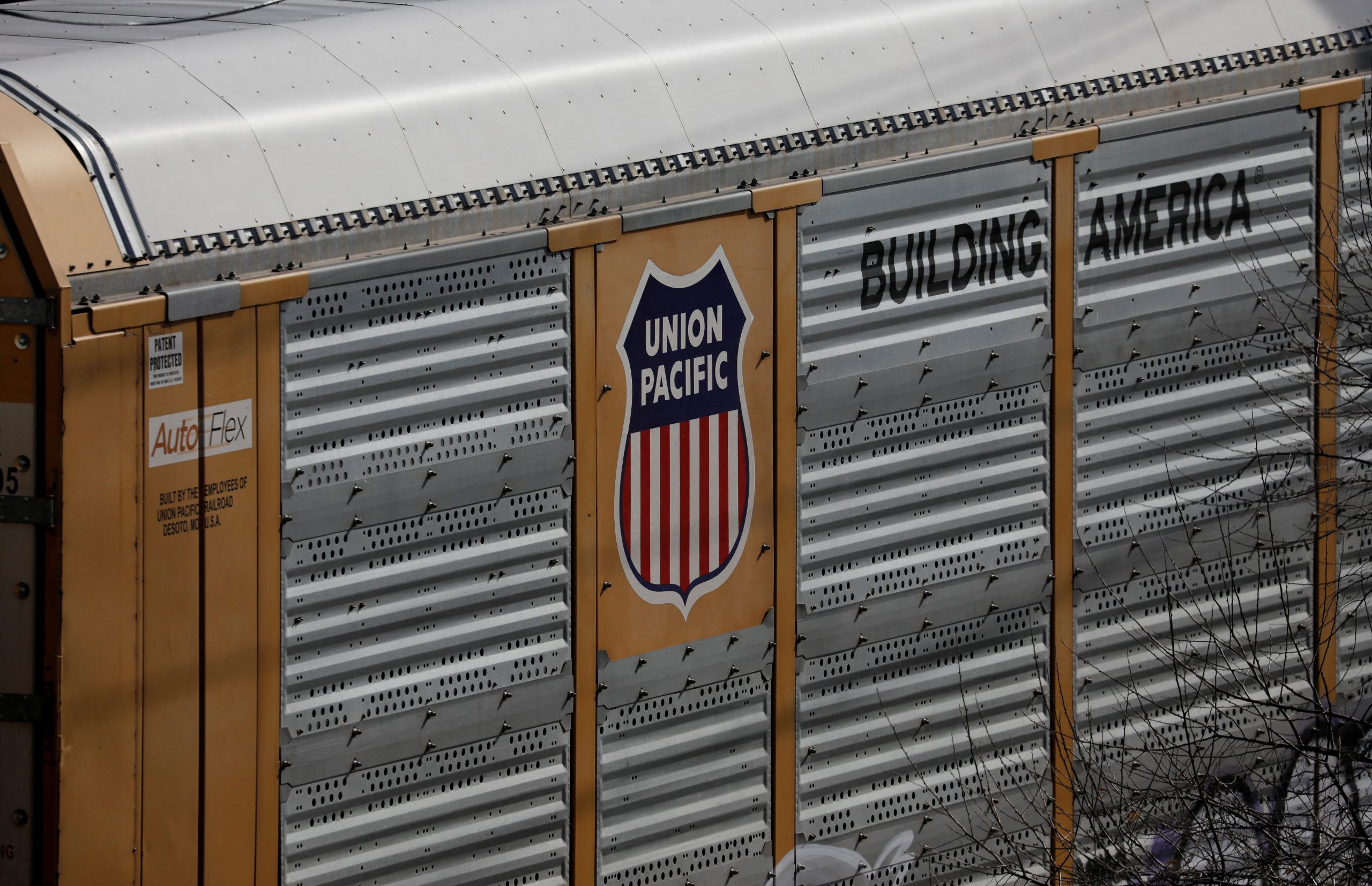
Chris Lange, FISM News
[elfsight_social_share_buttons id=”1″]
A “tentative agreement” has been reached ahead of a Friday deadline to avert a freight railroad strike that threatened to cripple an already-struggling supply chain and send prices soaring even higher. Union leaders and the railroads’ labor negotiators met with U.S. Secretary of Labor Marty Walsh Wednesday morning in marathon negotiations that continued overnight into Thursday morning.
“Following more than 20 consecutive hours of negotiations, the rail companies and union negotiators came to a tentative agreement that balances the needs of workers, businesses, and our nation’s economy,” Walsh tweeted just after 5 a.m. Thursday.
The Biden Administration applauds all parties for reaching this hard-fought, mutually beneficial deal.⁰⁰Our rail system is integral to our supply chain, and a disruption would have had catastrophic impacts on industries, travelers and families across the country. (2/2)
— Secretary Marty Walsh (@SecMartyWalsh) September 15, 2022
“It is a win for tens of thousands of rail workers who worked tirelessly through the pandemic to ensure that America’s families and communities got deliveries of what have kept us going during these difficult years,” President Biden said in a statement from the White House regarding the tentative deal.
The Biden administration, which has positioned itself as a champion of labor unions and workers, has been under intense pressure to prevent a strike ahead of the midterms. While fuel costs have lowered in recent months, the president has been unable to shake persisting inflation, an albatross hanging on the necks of Democrats hoping to retain power in both chambers of Congress in November. A strike would have inevitably led to major fuel and food shortages that would exacerbate inflation and send gas prices skyrocketing again while threatening an already shaky supply chain.
Negotiations between unions representing 115,000 railroad workers for Union Pacific, Berkshire Hathaway’s BNSF, CSX, Norfolk Southern, and Kansas City Southern have been ongoing for more than two years, prompting Biden to appoint a Presidential Emergency Board (PEB) to help break the impasse. Staffing shortages and scheduling issues had become a major sticking point in negotiations. Unions representing engineers and conductors said their members are required to be on call and report to work on short notice for weeks at a time.
Biden in July issued an order to prevent a strike and buy time for the PEB to work toward a resolution. The directive also imposed a 60-day cooling-off period during which unions could not go on strike and management could not lock out workers. The cooling period was set to end Friday at 12:01 a.m., after which only an act of Congress could have prevented a strike. A scheduled Friday recess, coupled with the fact that multiple lawmakers are traveling to London for Queen Elizabeth’s funeral, made that scenario highly unlikely and undoubtedly intensified pressure on the White House to work toward an agreement.
Groups representing various U.S. industries had called for Congress to intervene to avoid a rail shutdown at a time when grain farmers are preparing for harvest and retailers are gearing up for the holiday shopping season.
The deal is a victory for the Biden administration with less than eight weeks to go before the general election.
“With unemployment still near record lows and signs of progress in lowering costs, tonight’s agreement allows us to continue to fight for long-term economic growth that finally works for working families,” Biden said.
This article was partially informed by Reuters, the Associated Press, CNN, and Fox News reports.
